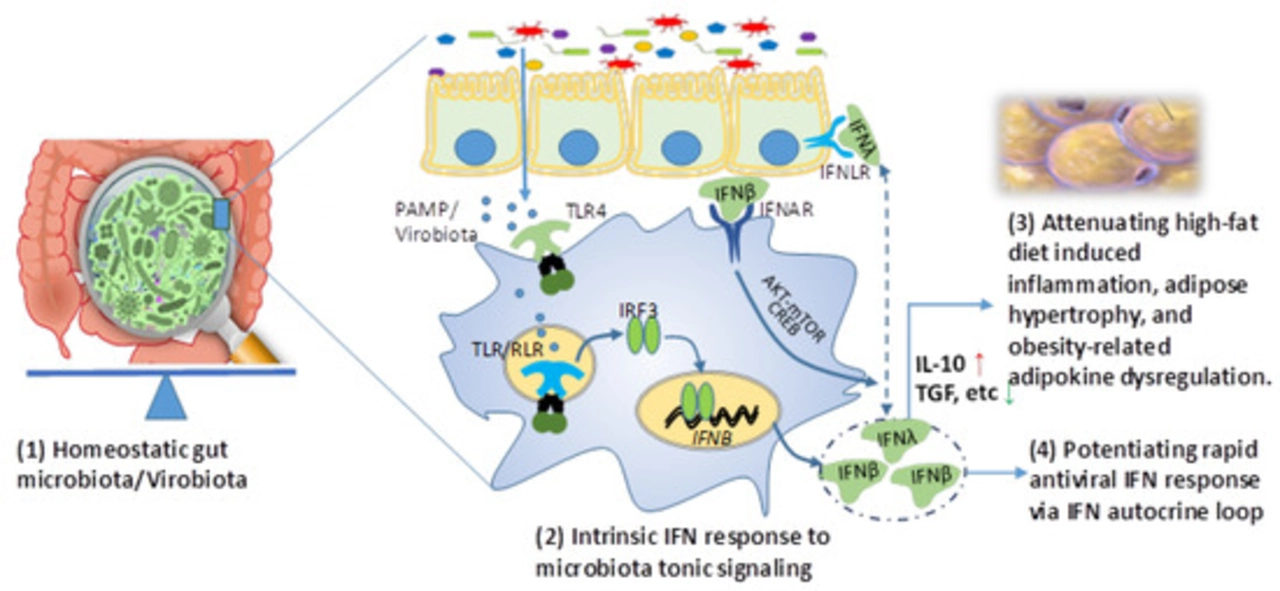Viral infections: how to spot them and what to do right away
Viral infections are common and range from mild colds to serious illnesses. You’ll usually notice sudden symptoms—runny nose, sore throat, cough, fever, body aches, or fatigue. The same symptoms can mean many different viruses, so what matters most is how severe they are and whether you or someone around you is at high risk.
Start with simple steps at home. Rest, drink fluids, and control fever or pain with acetaminophen or ibuprofen if you can take them. Keep distance from others, wear a mask around vulnerable people, and wash hands often. These actions reduce spread and often let your immune system clear the virus.
Common signs that need prompt care
If you or a family member has any of these, call a doctor or seek urgent care: difficulty breathing, chest pain, confusion, persistent high fever for more than 48–72 hours, severe dehydration, or very low urine output. Babies, older adults, pregnant people, and anyone with weakened immunity should get medical advice earlier—what looks like a “bad cold” for one person can become dangerous for another.
Also check for trouble eating or drinking, worsening cough, or symptoms that return after improving. For some viruses, early treatment makes a big difference—so don’t wait if you’re worried.
When antivirals or tests help
Not every viral infection needs antiviral medicine. Some antivirals work well for specific viruses when given early. For example, medicines like oseltamivir can reduce flu severity if started within about 48 hours. Acyclovir helps with certain herpes infections. COVID-19, influenza, and a few other infections may require testing to guide treatment. Your clinician can advise whether testing or prescription meds are useful based on timing, symptoms, and health risks.
If you’re pregnant, immunocompromised, or have serious chronic disease, talk to your provider early about testing and treatment options. Avoid using antibiotics for viral infections—antibiotics don’t work and can cause harm.
Practical prevention tips that actually work: get recommended vaccines (flu, COVID-19, HPV, hepatitis where applicable), wash hands for 20 seconds, avoid close contact when sick, and improve indoor ventilation. If you must be around others while infectious, wear a well-fitting mask and keep interactions short.
Want specifics for a particular virus or medicine? PharmNet has clear, user-friendly articles on antiviral options, vaccine guidance, and when to seek care. Use the search to find targeted guides or contact us if you need help navigating treatments and safe online pharmacies.
Small changes—stay home when sick, wash hands, and watch for warning signs—cut risk for you and the people you care about.

